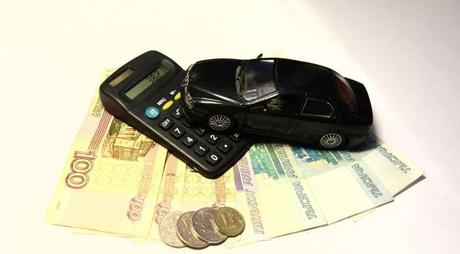
After a house or apartment, your car or truck is probably the most expensive individual thing you’ll buy in your life.
However, while buying a vehicle might seem like one big purchase, the total cost of vehicle ownership is actually a lot more complex as it includes numerous long-term costs like repairs, maintenance and fuel.
In this article, I’ve collected the five most common automotive mistakes that are costing you money. I hope this helps you save a bit of money!
#1 — Using Cheap Mechanics
When something goes wrong with your car or truck, I know how tempting it is to pick a cheap mechanic for maintenance and repairs, especially if the parts on their own are costing a lot. Unfortunately, like all professions, you often get what you pay for and opting for the cheapest provider can be a false economy.
If you get work done on the cheap, you’ll often have to pay again in the future to have the original work corrected or fixed.
Instead of picking the cheapest mechanic you can find, I recommend choosing one around or above the average cost. And make sure you check their reviews thoroughly before committing to any work.
#2 — Buying Gas at Random
The price of gas depends on dozens of factors, including the economy, political stability and your geographical location, which means there’s huge variation in the cost of gas in the US.
Now, I’m not suggesting motorists in Hawaii (the state with the highest gas prices) go to Missouri (the state with the lowest) every time they need to fill up their car or truck but a little research does go a long way.
To cut down your gas bill, download GasBuddy, a simple comparison app for pump prices, tell it where you are and watch as it finds the cheapest gas nearby!
#3 — Skipping Scheduled Maintenance
Cars, like all large pieces of machinery, require regular maintenance or they’ll eventually stop working. While it sounds silly, the best way to maintain your car is to follow the maintenance schedule set out in your car manual.
Failure to properly maintain your car will result in components failing earlier than expected, adding hundreds or thousands to your garage bill.
If your car is new, skipping scheduled maintenance can have a bigger impact. If you skip scheduled maintenance, you may invalidate your warranty, leaving you personally liable for all future repairs.
#4 — Poor Driving Habits
Your driving habits have a huge effect on the amount it costs to run and maintain your car. If, for example, you drive everywhere with your foot planted to the floor, pretending you’re in a Fast and the Furious movie, you shouldn’t be surprised when your mechanic tells you that you need new tyres and a new clutch.
And it’s not only the impact on maintenance you need to think about.
How you drive has a huge effect on fuel efficiency too. If you accelerate hard and brake late, you will pay a premium at the pump.
Focus on driving as smoothly as possible, accelerating slowly and looking out for upcoming obstacles to avoid unnecessary braking.
#5 — Ignoring Your Tires' Pressures
Your tires are designed to operate within a very narrow pressure window. If the pressure is too low, your tire will sag, putting too much rubber in contact with the road. This increases drag and reduces fuel efficiency.
Conversely, if your tire pressures are too high, the middle of the tire will bow out and result in too little rubber being in contact with the road. If you don’t have enough contact between rubber and road, you’ll struggle to accelerate and decelerate efficiently, which also reduces your fuel efficiency.
To keep your tires in good condition, check your car manual to find the correct tire pressures and top up the air every few weeks.
According to the FuelEconomy, keeping your tires at the correct pressure can improve gas mileage by up to 3.3%.
About the Author
Tom Butcher is a freelance writer, covering a wide range of topics, including finance, business and motoring. At the moment, he is helping LeaseFetcher tell the world about contract hire and leasing.
Category: Advice